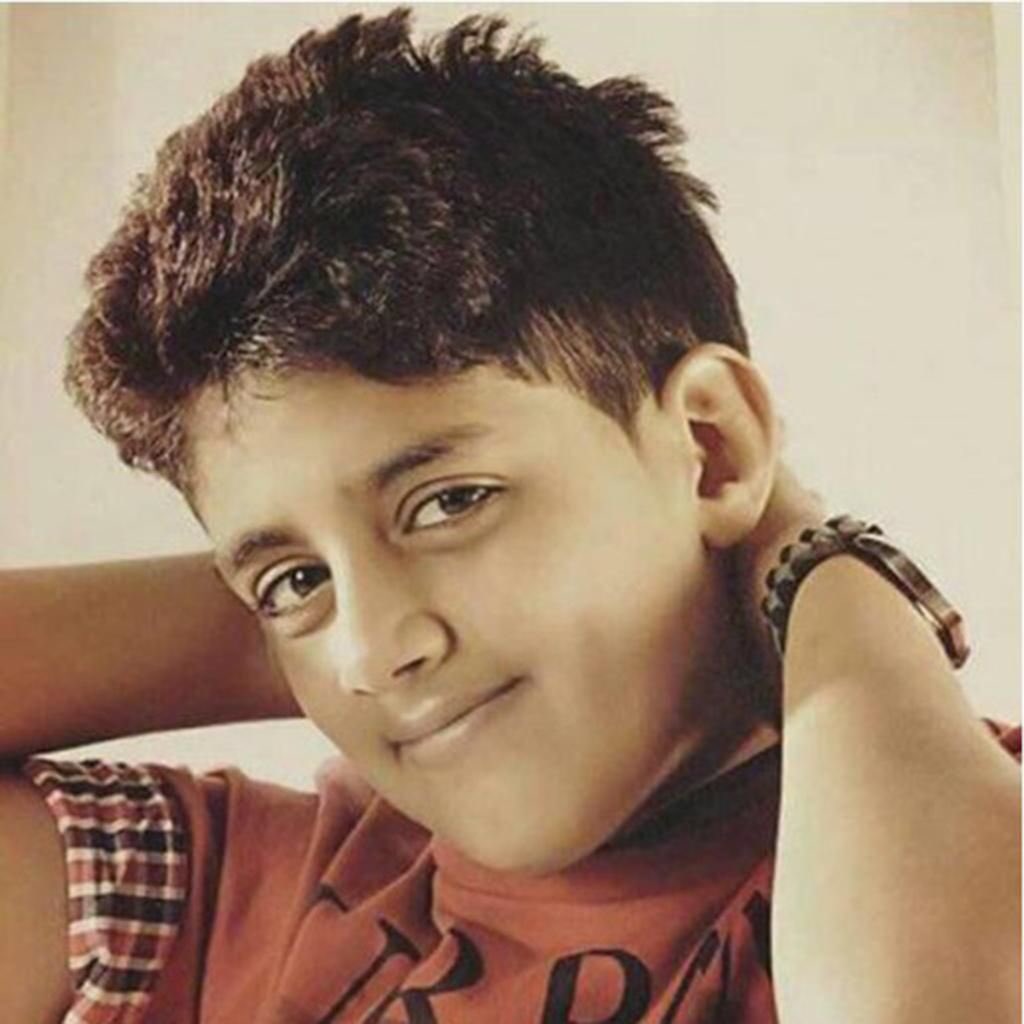Murtaja Qureiris free at last
Timeline
June 24, 2022: Murtaja Qureiris is released after serving his sentence.
May 11, 2020: Eight UN special procedures mandate holders express their concern at the persecution and ongoing detention of Murtaja Qureiris.
February 12, 2020: The SCC reduces his sentence to 8 years imprisonment.
June 25, 2019: MENA Rights Group requests intervention of UN Special Rapporteur on freedom of religion or belief.
June 16, 2019: SCC sentences him to 12 years in prison.
September 2018: Brought to trial before the prosecutor of the SCC, who calls for the death penalty against him.
September 20, 2014: Arrested at King Fahd Causeway linking Saudi Arabia with Bahrain.






